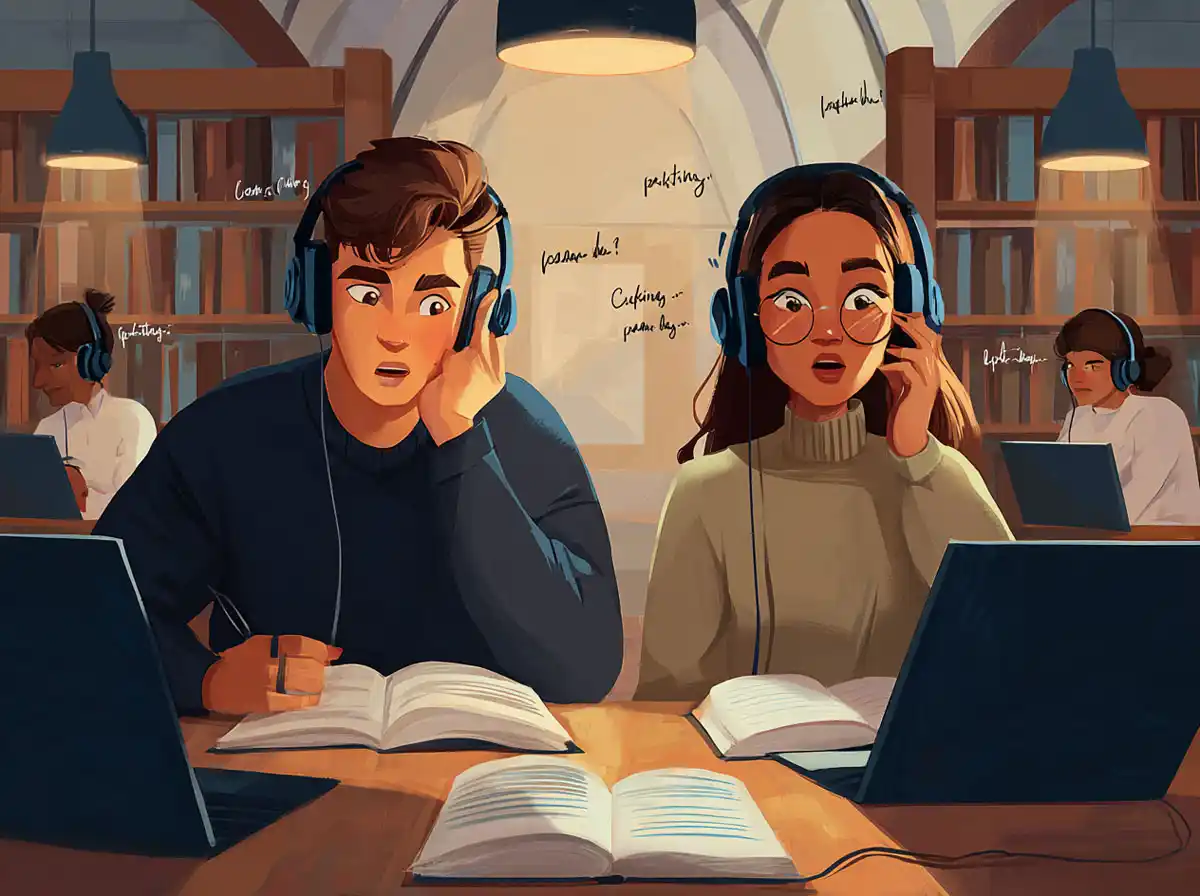Ouers (Parents)
Ouers are the individuals who raise and care for a child. This term is the Afrikaans equivalent of “parents” in English.
My ouers het my geleer om respekvol te wees.
Moeder (Mother)
The term moeder refers to a female parent. This is equivalent to “mother” in English.
My moeder maak die lekkerste kos.
Vader (Father)
Vader is the term used for a male parent, equivalent to “father” in English.
My vader werk hard om vir ons te sorg.
Ma (Mom) and Pa (Dad)
In less formal settings, children often refer to their parents as ma and pa, similar to “mom” and “dad” in English.
Ek het vir my ma ‘n geskenk gekoop.
My pa het vir my ‘n fiets gegee.
Stiefouers (Step-parents)
Step-parents are referred to as stiefouers in Afrikaans. This term combines the word for “step” (stief) with “parents” (ouers).
My stiefouers is baie vriendelik en ondersteunend.
Grootouers (Grandparents)
Grootouers are the parents of one’s parents. They hold a special place in many families, often involved in caring for and nurturing their grandchildren.
My grootouers woon op ‘n plaas.
Ouma (Grandmother)
The term ouma is used for a female grandparent, equivalent to “grandmother.”
My ouma bak die lekkerste koekies.
Oupa (Grandfather)
Oupa refers to a male grandparent and is the Afrikaans term for “grandfather.”
My oupa vertel altyd interessante stories.
Oumagrootjie (Great-grandmother) and Oupagrootjie (Great-grandfather)
For great-grandparents, the terms oumagrootjie and oupagrootjie are used. These terms extend the familial line by another generation.
Ek het my oumagrootjie net een keer ontmoet.
My oupagrootjie was ‘n baie wyse man.
Other Family Terms
Broer (Brother) and Suster (Sister)
Siblings are referred to as broer and suster in Afrikaans, equivalent to “brother” and “sister.”
My broer help my met my huiswerk.
My suster is baie kunstig.
Kinders (Children)
The term kinders is used for “children” in Afrikaans.
Ons kinders speel in die tuin.
Kleinkinders (Grandchildren)
Kleinkinders are the children of one’s children, equivalent to “grandchildren.”
My kleinkinders bring altyd vreugde in my lewe.
Neef (Male Cousin) and Niggie (Female Cousin)
Cousins are referred to as neef (male) and niggie (female) in Afrikaans.
My neef kom kuier vir die naweek.
My niggie het ‘n nuwe werk gekry.
Tannie (Aunt) and Oom (Uncle)
Aunts and uncles are called tannie and oom.
My tannie woon in Kaapstad.
My oom is ‘n dokter.
Skoonouers (Parents-in-law)
The term skoonouers is used for parents-in-law.
My skoonouers is baie gasvry.
Skoonma (Mother-in-law) and Skoonpa (Father-in-law)
For specifying the gender, skoonma and skoonpa are used for mother-in-law and father-in-law, respectively.
My skoonma het ‘n heerlike ete voorberei.
My skoonpa is baie wys en ervare.
Swaer (Brother-in-law) and Skoonsuster (Sister-in-law)
Similarly, swaer and skoonsuster are used for brother-in-law and sister-in-law.
My swaer is baie snaaks.
My skoonsuster is ‘n onderwyseres.
Extended Family Terms
Kleinniggie (Grandniece) and Kleinneef (Grandnephew)
For grandnieces and grandnephews, the terms kleinniggie and kleinneef are used.
My kleinniggie het ‘n groot glimlag.
My kleinneef hou van sokker speel.
Peetma (Godmother) and Peetpa (Godfather)
In the context of godparents, peetma and peetpa are the terms for godmother and godfather.
My peetma is soos ‘n tweede moeder vir my.
My peetpa het my gehelp met my studies.
Skoondogter (Daughter-in-law) and Skoonseun (Son-in-law)
The terms skoondogter and skoonseun are used for daughter-in-law and son-in-law.
My skoondogter is baie talentvol.
My skoonseun is ‘n ingenieur.
Peetkind (Godchild)
A godchild is referred to as a peetkind.
My peetkind het pas begin skoolgaan.
Common Phrases
Understanding family terms is essential, but it’s also useful to know how to use these terms in common phrases.
My gesin – My family
My gesin hou daarvan om saam te reis.
Ons familie – Our family
Ons familie het ‘n groot reünie elke jaar.
Hulle is familie – They are family
Hulle is familie en ons is baie naby aan mekaar.
Hy is my broer – He is my brother
Hy is my broer en ons speel altyd saam.
Sy is my suster – She is my sister
Sy is my suster en ons deel alles.
Conclusion
Understanding the various family terms in Afrikaans not only helps in better communication but also provides insight into the culture and values that are deeply embedded in the language. From ouers and grootouers to extended family members, each term carries a significance that reflects the importance of familial relationships in Afrikaans-speaking communities. Whether you’re learning Afrikaans for travel, work, or personal enrichment, mastering these terms will certainly enhance your language skills and cultural understanding.










